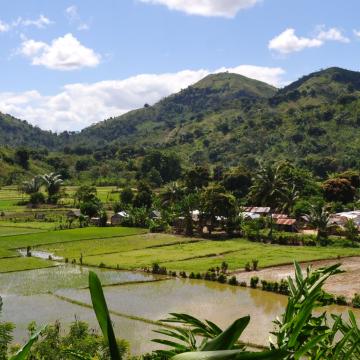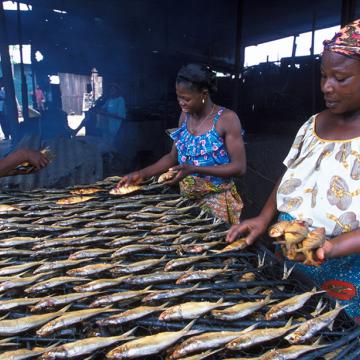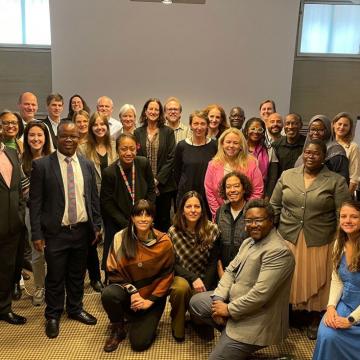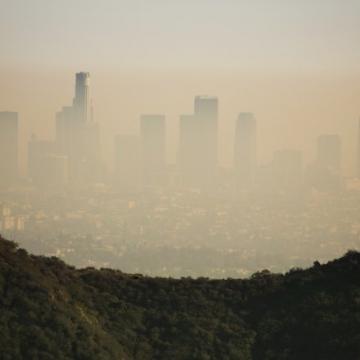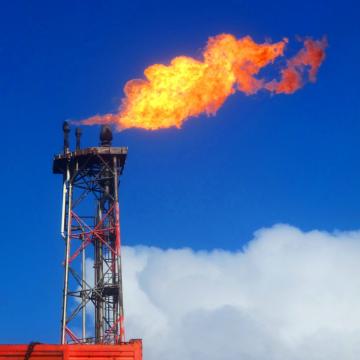-
NewsSmall-scale fisheries play a significant but overlooked role in global fisheries production and are key to addressing hunger and malnutrition while supporting livelihoods around the world, according to research featured on the cover of Nature.
-
NewsModeling experiments show Pacific warm and cold patches persisted even when continents were in different places
-
NewsXavier Basurto is broadly interested in how people in small communities successfully organize themselves for collective action. His recent talk described his work in advancing the understanding of non-colonialist sustainability science: the prospects and limitations of self-organization, or self-governance, for social-ecological sustainability, particularly in the Global South.
-
NewsA new study by researchers at Penn State University, Duke University, and the University of Saskatchewan suggests not all of the nearly 2,000 species of ground beetles found in North America will thrive under climate change. Some could decline. And that could have far-reaching implications for agriculture, forestry, and conservation.
-
NewsThe Illuminating Hidden Harvests Report culminates a collaborative research effort led by the Food and Agriculture Organization of the United Nations (FAO), Duke University and WorldFish examining the multifaceted contributions of small-scale fisheries to sustainable development.
-
NewsDuke scholars and students were among more than 800 experts who contributed to global study calling for policymakers to consider contributions of small fisheries
-
NewsSlashing emissions of carbon dioxide by itself isn’t enough to prevent catastrophic global warming, a new study shows. But if we simultaneously also reduce emissions of methane and other often overlooked climate pollutants, we could cut the rate of global warming in half by 2050 and give the world a fighting chance.
-
NewsUsing satellite images, scientists have detected hundreds of very large and previously unreported methane releases at oil and natural gas production sites across the globe.
-
NewsReducing emissions of methane, a short-lived but super-potent greenhouse gas, is the most cost-effective way to slow the rate of Earth’s warming in coming decades, a new United Nations report finds.
-
NewsPolicies that more strongly recognize the value of sustainable seafood as a source of nutrition, not just a source of livelihoods, could strengthen global food security and help take a big bite out of world hunger, a new analysis by an international team of experts shows.
-
NewsResearchers have used automatic identification systems (AIS) satellite data and other spatial analysis tools to identify more than 1,000 companies that fish in the high seas—waters that lie outside national jurisdiction where fishing has raised fears about environmental and labor violations.
-
NewsThe stringent lockdown imposed by the Chinese government to slow the spread of COVID-19 early this year significantly eased the strain on hospitals there. Admissions due to non-COVID respiratory illnesses decreased by nearly 5,000, a new study by an international team of scientists shows.
-
NewsGroundwater depletion in parts of the High Plains is so extreme that peak grain production in some states has ended and production is now declining, a new Duke University-led study by a team of international scientists finds.
-
NewsDuke University researchers have developed a new online calculator that teachers, administrators and students can use to estimate the risk of airborne transmission of the COVID-19 virus in classrooms.
